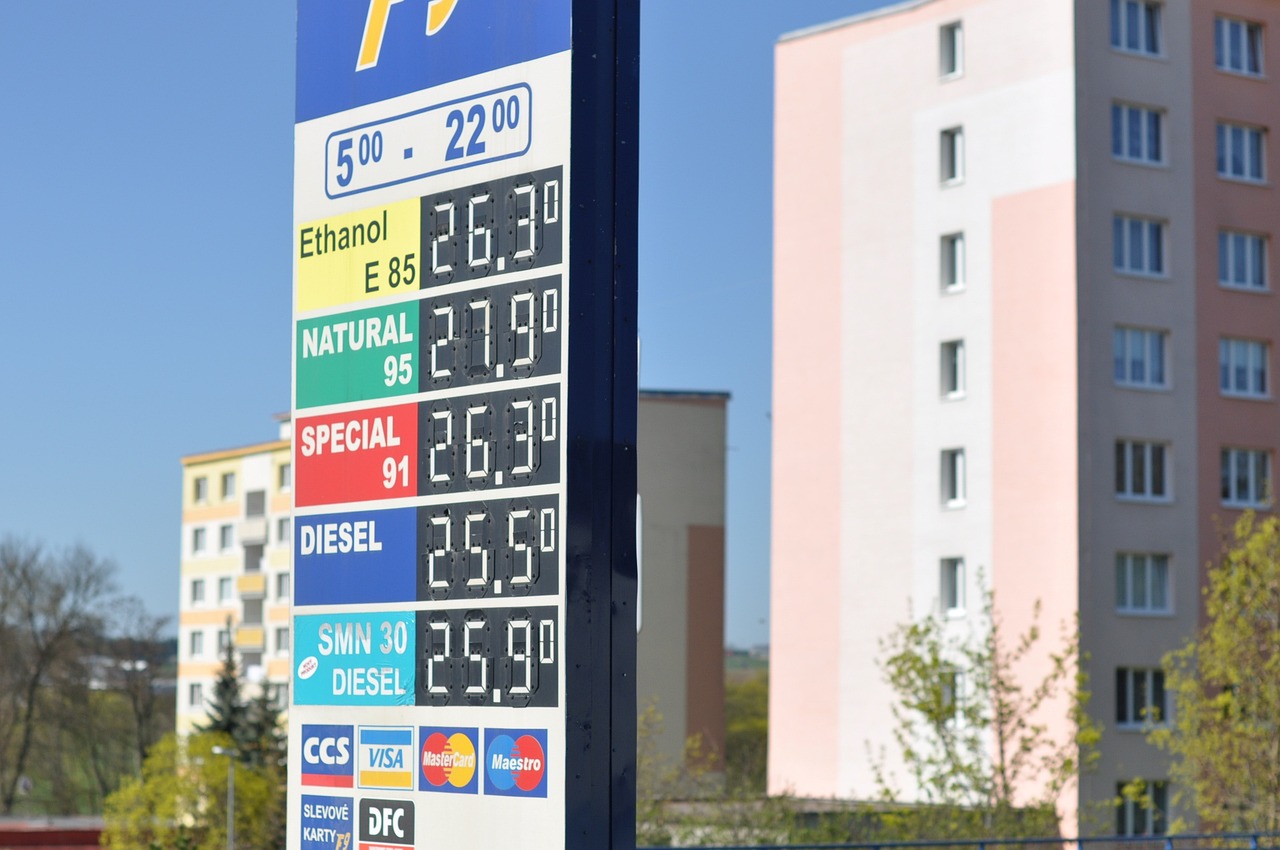Germany’s Gas Prices Set to Remain High Until 2027: What You Need to Know
Germany is one of the largest consumers of natural gas in Europe, with the fuel accounting for around a quarter of the country’s energy consumption. However, the country is currently facing a gas price crisis, with prices set to remain high until 2027. In this blog, we’ll explore the factors behind this trend and what it means for consumers and businesses.
 The Factors Behind Germany’s High Gas Prices
The Factors Behind Germany’s High Gas Prices
There are several factors that have contributed to Germany’s high gas prices. One of the main causes is the tight supply-demand balance in Europe’s gas market. This has been exacerbated by the ongoing pandemic, which has disrupted supply chains and led to increased demand for natural gas.
Another factor driving up gas prices is the increasing demand for liquefied natural gas (LNG) in Asia, particularly in China. This has led to higher prices for LNG in global markets, which in turn has pushed up prices for other forms of natural gas.
The Impact of High Gas Prices on Consumers
According to a report approved by the German Cabinet on August 16, the German government expects natural gas prices to remain high until at least 2027, highlighting the need for additional emergency measures.
The German Economy Ministry analyzed forward prices at the end of June, which indicate that the price of natural gas on the wholesale market could rise to about 50 euros ($54.62) per megawatt hour in the coming months. Expectations are returning to normal, which means a return to pre-crisis levels within four years. This forecast is in line with estimates by German gas storage operators, which suggest that the risk of gas shortages will persist until early 2027.
The high gas prices have a significant impact on German consumers, particularly those who rely on natural gas for heating and cooking. Higher gas prices mean higher energy bills, which can be a burden for many households, especially those on lower incomes.
 The Impact of High Gas Prices on Businesses
The Impact of High Gas Prices on Businesses
High gas prices also have a significant impact on German businesses, particularly those in energy-intensive industries such as manufacturing and agriculture. Higher energy costs can reduce profit margins and make businesses less competitive in global markets.
So far, the German government has paid out 22.7 billion euros in electricity and gas subsidies to ease the burden on consumers, but the final figures will not be released until the end of the year. Large industrial consumers have received 6.4 billion euros in state aid, according to the Finance Ministry.
Solutions for Coping with High Gas Prices
One solution for coping with high gas prices is to invest in energy efficiency measures. This can include upgrading insulation, installing more efficient heating systems, and using energy-efficient appliances.
Another solution is to invest in renewable energy sources such as solar and wind power. This can help reduce dependence on natural gas and other fossil fuels, which can be subject to price volatility.
At SFQ, we offer innovative solutions for reducing energy costs and improving energy efficiency. Our team of experts can help businesses and households find ways to cope with high gas prices and reduce their carbon footprint at the same time.
In conclusion, Germany’s gas prices are set to remain high until 2027 due to a variety of factors, including tight supply-demand balance and increasing demand for LNG in Asia. This trend has significant implications for both consumers and businesses, but there are solutions available for coping with high gas prices, including investing in energy efficiency measures and renewable energy sources.
Post time: Aug-22-2023

